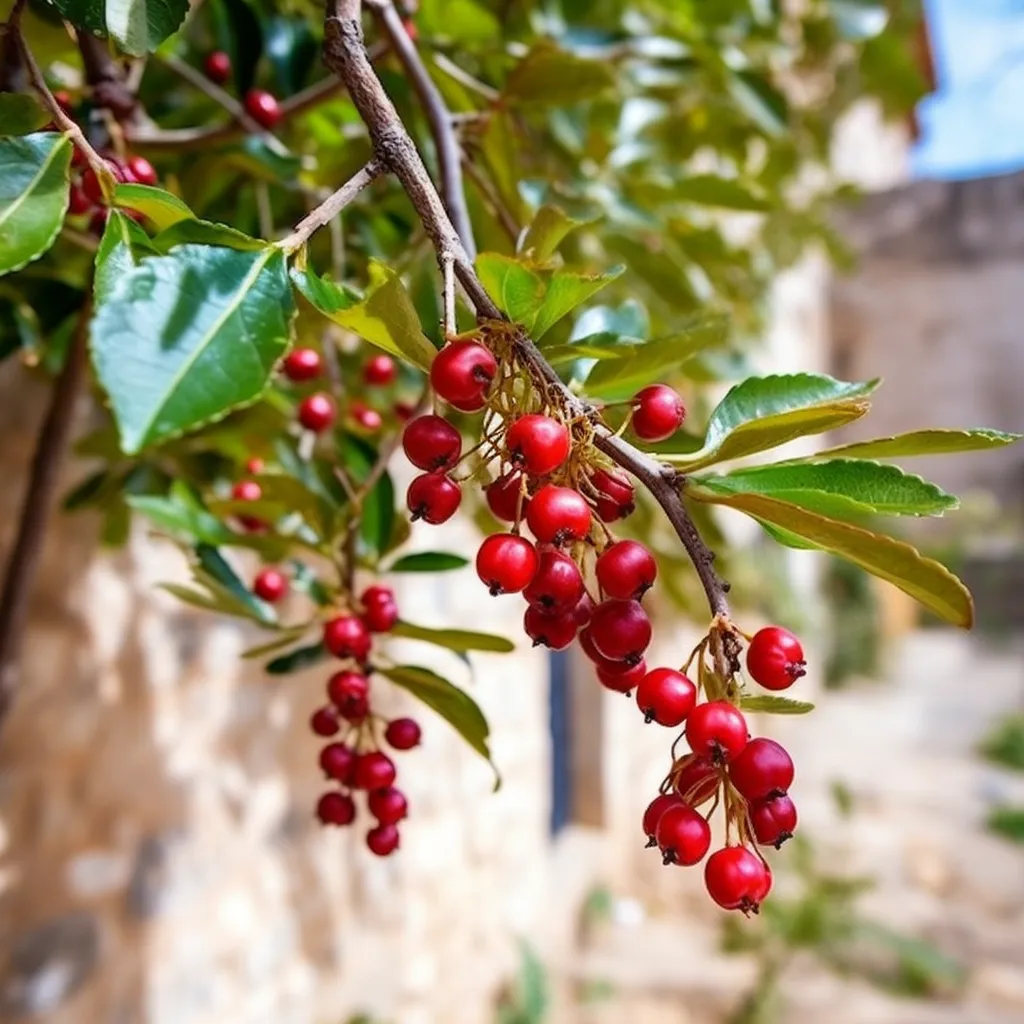Story of Day :
Contents
The Jerusalem Cherry Plant: A Complete Guide and Care Tips
Are you planning to add a touch of exoticism to your garden? Look no further than the Jerusalem cherry plant, also called Solanum pseudocapsicum.
This plant, native to South America, is known for its bright orange-red berries that resemble small tomatoes.
However, be careful if you have pets or young children around as the berries are toxic when ingested.
The Benefits of Growing a Jerusalem Cherry Plant
Apart from adding a pop of color to your garden, the Jerusalem cherry plant has other benefits:
- It is easy to grow and maintain.
- It is ornamental and can be grown indoors or outdoors as long as it gets enough sunlight.
- The plant flowers in late spring and early summer with clusters of white flowers that produce small green fruits which gradually turn into bright red berries in autumn.
How to Grow a Healthy Jerusalem Cherry Plant

If you want your Jerusalem cherry plant to thrive, follow these tips:
Location
The plant prefers well-drained soil with plenty of sunlight.
However, it can tolerate partial shade but make sure it doesn’t get too much direct sun during summer months when temperatures rise above 90°F (32°C).
Fertilizer
Fertilize the soil with an all-purpose fertilizer once every month during growing season (spring and summer).
Avoid using high-nitrogen fertilizers as they may harm the plants.
Watering
Your plants should be watered regularly but don’t let them sit in standing water for too long or they might develop root rot.
Allow the top inch (2.5 cm) of soil to dry out before watering again.

Pruning
Remove any dead or diseased branches as soon as they appear.
Prune the plant annually to encourage healthy growth and promote branching.
You can also pinch back the tips of new growth to encourage bushiness.
Potential Problems with Jerusalem Cherry Plant
The Jerusalem cherry plant is generally disease and pest-resistant but it can be affected by:
- Aphids: These small, soft-bodied insects suck sap from the leaves and stems causing curling and distortion.
You can control them by spraying your plants with insecticidal soap or neem oil.
- Mites: Spider mites are tiny pests that infest their webbing on leaves, which leads to yellowing and leaf drop if left unchecked.
Spray your plants with water frequently to discourage their infestation.
- Fungal diseases: Powdery mildew, rust, and leaf spot are common fungal diseases that affect this plant.
Remove infected parts immediately so they don’t spread further, keep the soil dry around your plants for better air circulation and apply a fungicide if necessary.
In Conclusion

If you want an easy-to-care-for yet ornamental plant for your garden or indoor space, try growing a Jerusalem cherry plant! Just remember that while the berries may look tantalizingly sweet, they’re not meant for human consumption — so keep them away from curious kids or pets!